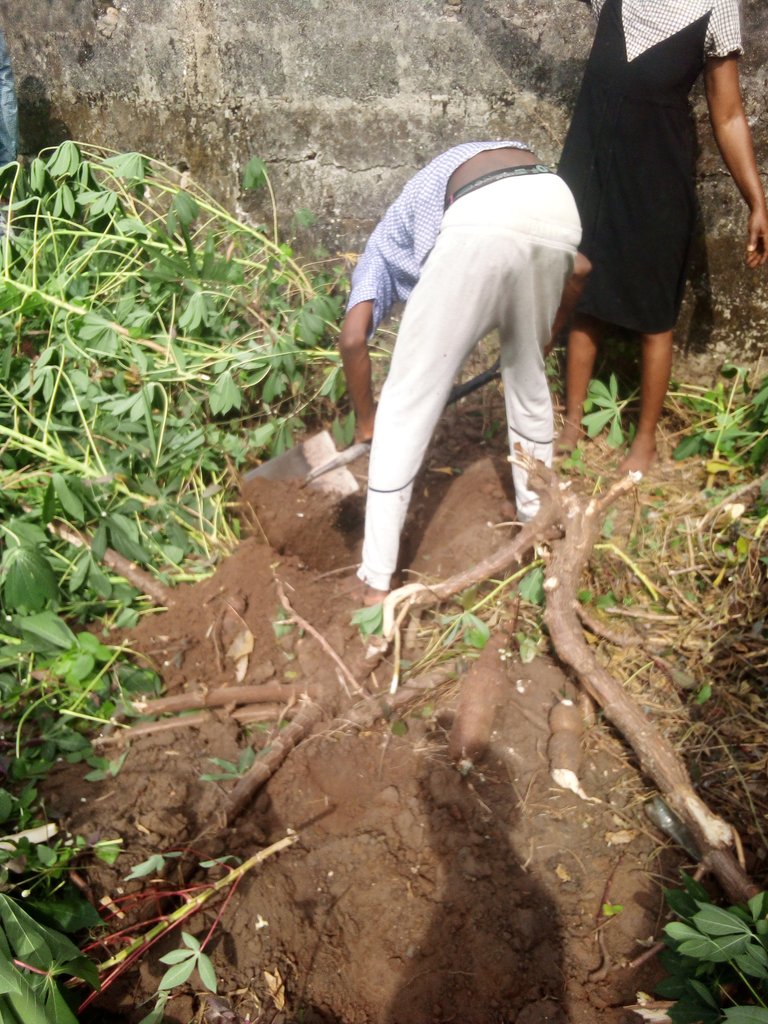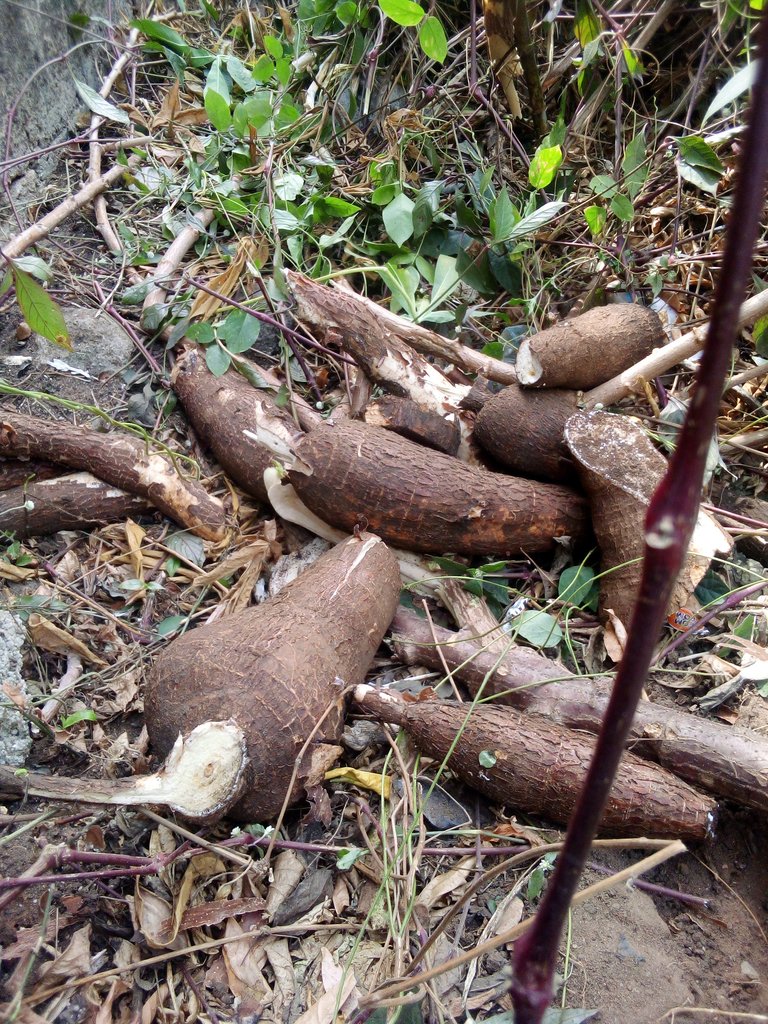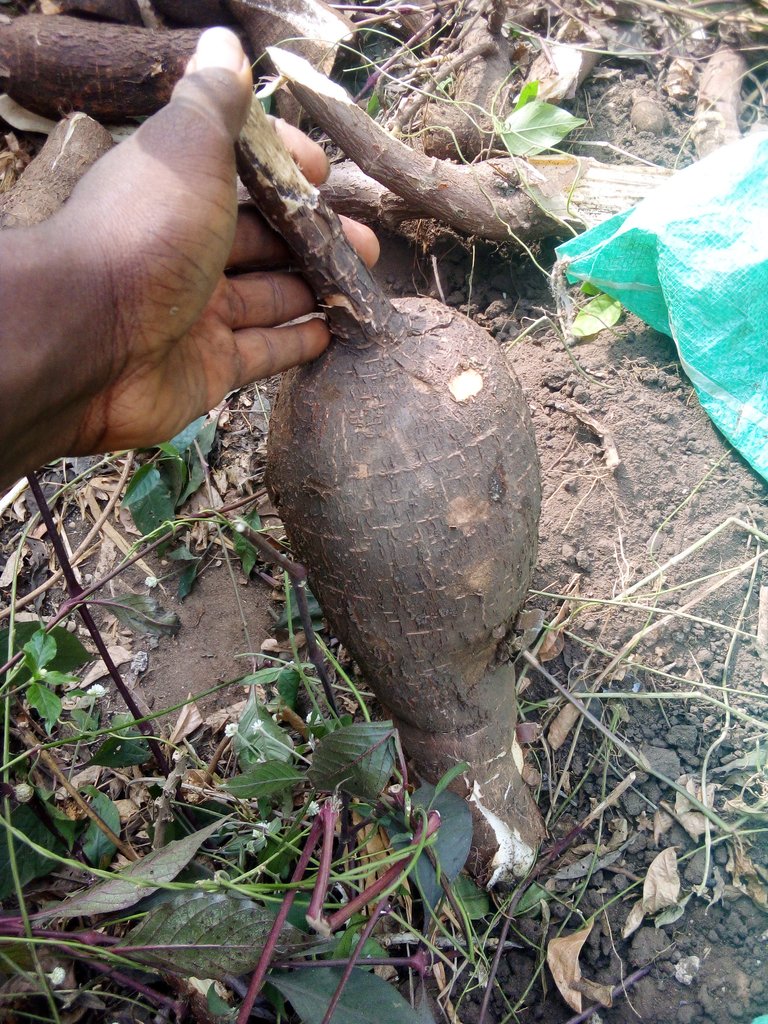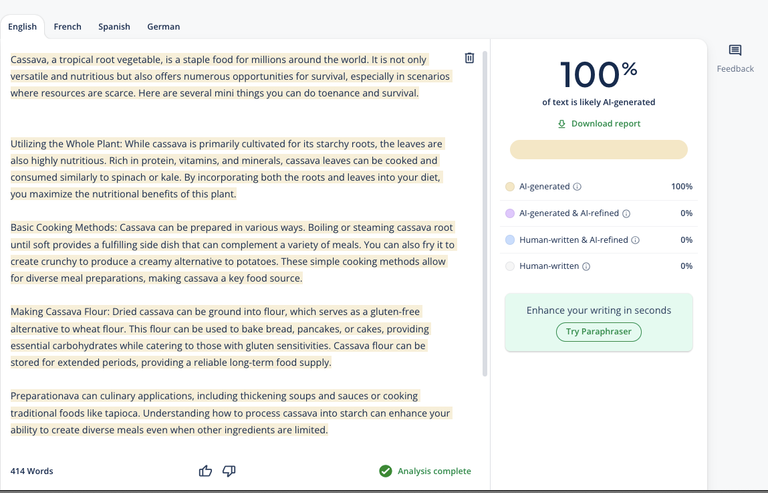Cassava, a tropical root vegetable, is a staple food for millions around the world. It is not only versatile and nutritious but also offers numerous opportunities for survival, especially in scenarios where resources are scarce. Here are several mini things you can do toenance and survival.


- Utilizing the Whole Plant: While cassava is primarily cultivated for its starchy roots, the leaves are also highly nutritious. Rich in protein, vitamins, and minerals, cassava leaves can be cooked and consumed similarly to spinach or kale. By incorporating both the roots and leaves into your diet, you maximize the nutritional benefits of this plant.

Basic Cooking Methods: Cassava can be prepared in various ways. Boiling or steaming cassava root until soft provides a fulfilling side dish that can complement a variety of meals. You can also fry it to create crunchy to produce a creamy alternative to potatoes. These simple cooking methods allow for diverse meal preparations, making cassava a key food source.
Making Cassava Flour: Dried cassava can be ground into flour, which serves as a gluten-free alternative to wheat flour. This flour can be used to bake bread, pancakes, or cakes, providing essential carbohydrates while catering to those with gluten sensitivities. Cassava flour can be stored for extended periods, providing a reliable long-term food supply.
Preparationava can culinary applications, including thickening soups and sauces or cooking traditional foods like tapioca. Understanding how to process cassava into starch can enhance your ability to create diverse meals even when other ingredients are limited.
Preservation Techniques: Fermentation is a traditional method for preserving cassava, turning it into products like gari and fufu. Gari can be rehydrated and used in various excellent accompaniment to ste products not only have cassava is relatively own cassava plants, ensuring a sustainable food source. By planting cuttings and understanding the growth cycle, you can effectively manage a cassava garden.
Drought Resistance: One of the standout features of cassava is its resilience to drought
By implementing these mini strategies, cassava can significantly contribute to food security and nutritional needs, ensuring survival in challenging situations.
Mention
it easier for everyone to access this valuable food source.
Certainly! Expanding on the importance of cassava and its cultivation, we can consider several additional aspects Nutr Cassava is rich in carbohydrates and provides a significant source of energy. It also contains essential vitamins and minerals, such as vitamin C, folate, and potassium. This makes it an excellent staple food, especially in regions where other crops may not thrive.



